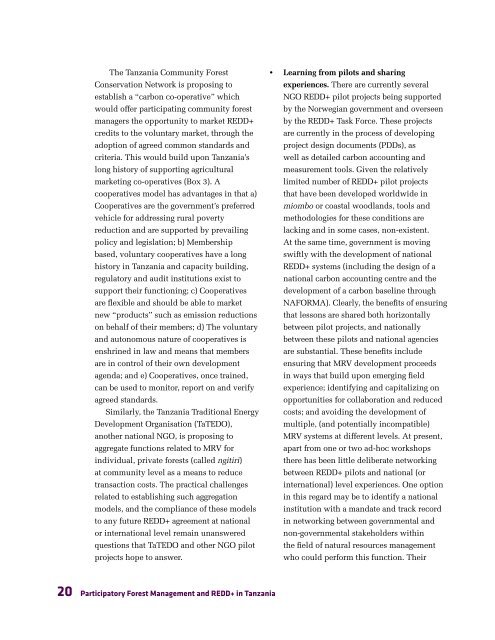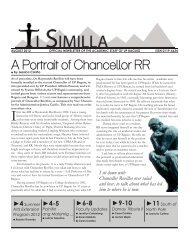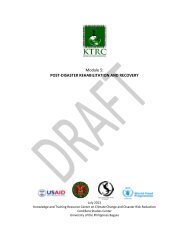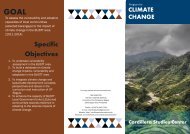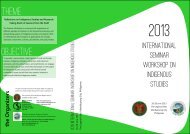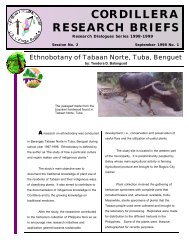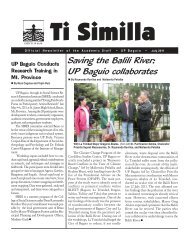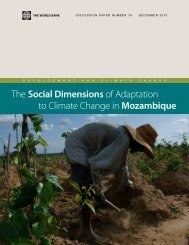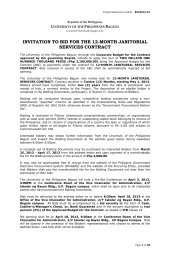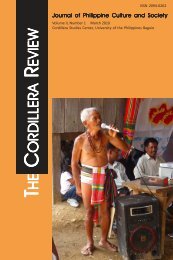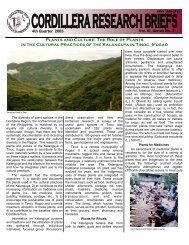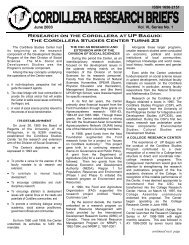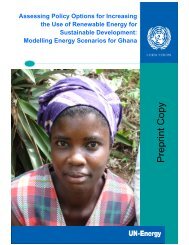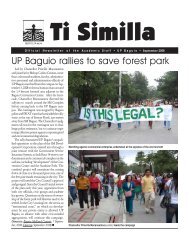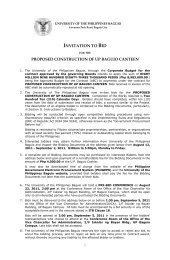Tanzania Report
Tanzania Report
Tanzania Report
Create successful ePaper yourself
Turn your PDF publications into a flip-book with our unique Google optimized e-Paper software.
The <strong>Tanzania</strong> Community Forest<br />
Conservation Network is proposing to<br />
establish a “carbon co-operative” which<br />
would offer participating community forest<br />
managers the opportunity to market REDD+<br />
credits to the voluntary market, through the<br />
adoption of agreed common standards and<br />
criteria. This would build upon <strong>Tanzania</strong>’s<br />
long history of supporting agricultural<br />
marketing co-operatives (Box 3). A<br />
cooperatives model has advantages in that a)<br />
Cooperatives are the government’s preferred<br />
vehicle for addressing rural poverty<br />
reduction and are supported by prevailing<br />
policy and legislation; b) Membership<br />
based, voluntary cooperatives have a long<br />
history in <strong>Tanzania</strong> and capacity building,<br />
regulatory and audit institutions exist to<br />
support their functioning; c) Cooperatives<br />
are flexible and should be able to market<br />
new “products” such as emission reductions<br />
on behalf of their members; d) The voluntary<br />
and autonomous nature of cooperatives is<br />
enshrined in law and means that members<br />
are in control of their own development<br />
agenda; and e) Cooperatives, once trained,<br />
can be used to monitor, report on and verify<br />
agreed standards.<br />
Similarly, the <strong>Tanzania</strong> Traditional Energy<br />
Development Organisation (TaTEDO),<br />
another national NGO, is proposing to<br />
aggregate functions related to MRV for<br />
individual, private forests (called ngitiri)<br />
at community level as a means to reduce<br />
transaction costs. The practical challenges<br />
related to establishing such aggregation<br />
models, and the compliance of these models<br />
to any future REDD+ agreement at national<br />
or international level remain unanswered<br />
questions that TaTEDO and other NGO pilot<br />
projects hope to answer.<br />
•<br />
Learning from pilots and sharing<br />
experiences. There are currently several<br />
NGO REDD+ pilot projects being supported<br />
by the Norwegian government and overseen<br />
by the REDD+ Task Force. These projects<br />
are currently in the process of developing<br />
project design documents (PDDs), as<br />
well as detailed carbon accounting and<br />
measurement tools. Given the relatively<br />
limited number of REDD+ pilot projects<br />
that have been developed worldwide in<br />
miombo or coastal woodlands, tools and<br />
methodologies for these conditions are<br />
lacking and in some cases, non-existent.<br />
At the same time, government is moving<br />
swiftly with the development of national<br />
REDD+ systems (including the design of a<br />
national carbon accounting centre and the<br />
development of a carbon baseline through<br />
NAFORMA). Clearly, the benefits of ensuring<br />
that lessons are shared both horizontally<br />
between pilot projects, and nationally<br />
between these pilots and national agencies<br />
are substantial. These benefits include<br />
ensuring that MRV development proceeds<br />
in ways that build upon emerging field<br />
experience; identifying and capitalizing on<br />
opportunities for collaboration and reduced<br />
costs; and avoiding the development of<br />
multiple, (and potentially incompatible)<br />
MRV systems at different levels. At present,<br />
apart from one or two ad-hoc workshops<br />
there has been little deliberate networking<br />
between REDD+ pilots and national (or<br />
international) level experiences. One option<br />
in this regard may be to identify a national<br />
institution with a mandate and track record<br />
in networking between governmental and<br />
non-governmental stakeholders within<br />
the field of natural resources management<br />
who could perform this function. Their<br />
20<br />
Participatory Forest Management and REDD+ in <strong>Tanzania</strong>


